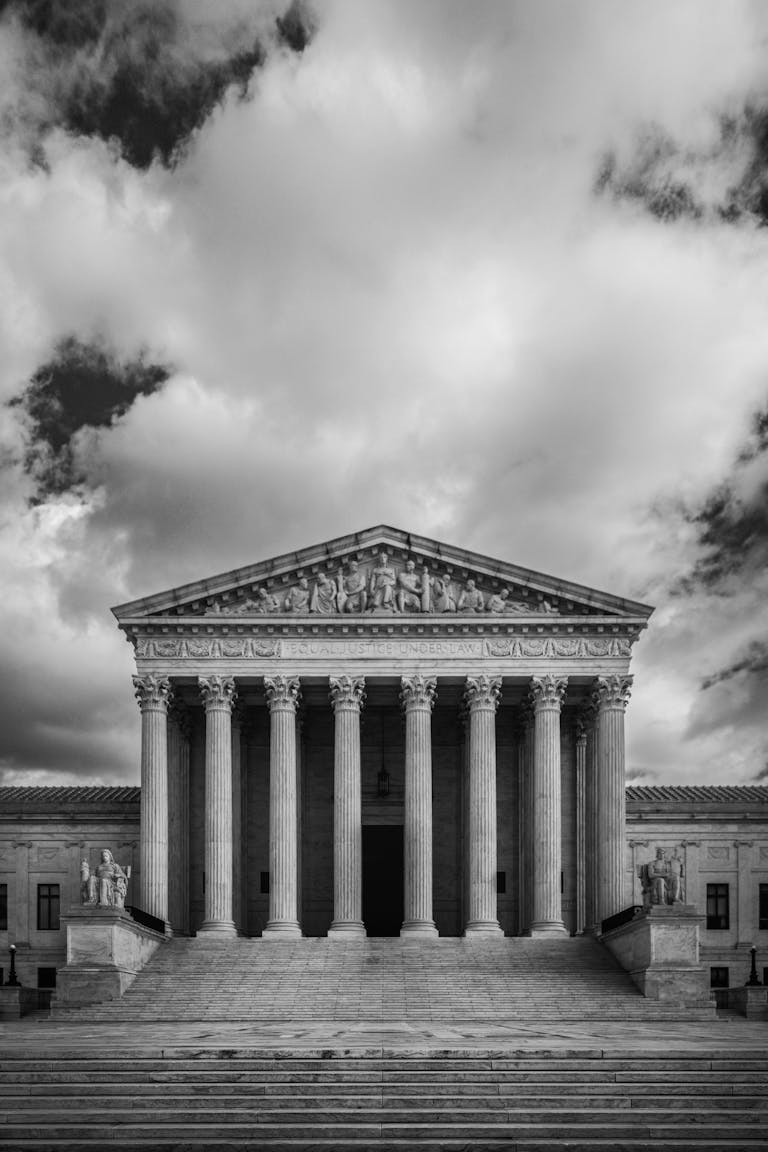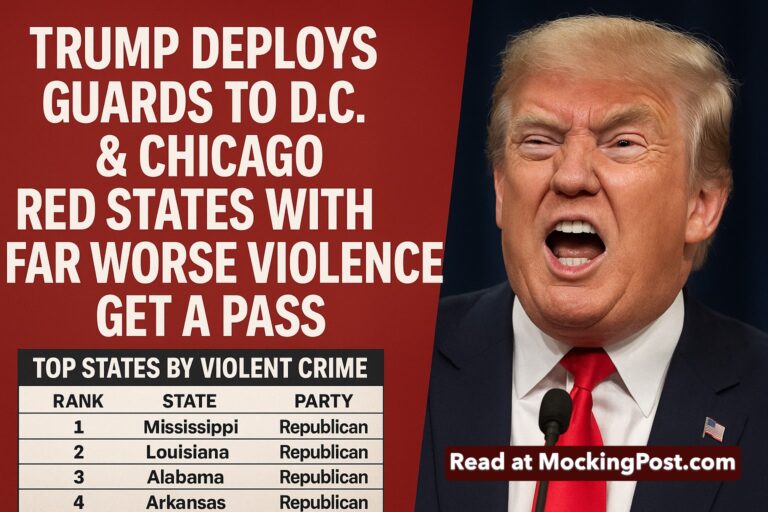Trump Voters Embrace Fascism to Escape Socialism They Can’t Define
Kara Conforman
Mockitor of Organizational Disasters
Workplace & Systems Analyst
Many Americans are rejecting socialism they can’t describe in favor of fascism they can’t recognize, proving definitions are optional in modern politics.

Pollsters and dictionary editors alike are exhausted this week after another round of interviews revealed that many Trump voters are ready to welcome an authoritarian regime as long as it protects them from the vague menace of “socialism.”
When asked to define socialism, most respondents cited “free stuff for lazy people” before returning to Medicare-funded scooters and federally subsidized crop insurance. Asked to define fascism, one supporter squinted and said, “That’s a liberal insult, like when they call you vegan.”
“It’s not that we love fascism,” said Carl, 58, from Ohio. “We just don’t want the government taking over healthcare. I like my government-issued Medicare exactly the way it is.”
Experts suggest this willingness to embrace strongman politics reflects less an understanding of political theory and more a deep resentment of words with more than three syllables. “To be fair,” said Dr. Alicia Renner, a political scientist, “if you can’t spell it, you probably won’t recognize it when it happens.”
In a rare moment of honesty, Trump once said, “Smart people don’t like me.” His supporters appear determined to prove him right, embracing a brand of politics that requires less knowledge of governance than it does of slogans on hats.
On social media, conservative influencers praised the rejection of socialism as a patriotic act of defiance, though many posted their declarations from publicly funded universities and infrastructure maintained by federal dollars. One viral post read: “I don’t want socialism. I want freedom. Also, please don’t touch my Social Security check.”
Critics warn that the conflation of socialism with basic government services leaves the door open for authoritarianism disguised as patriotism. “They’re trading in civil liberties for culture-war victories,” said Renner. “It’s like selling your house to keep the welcome mat.”
Meanwhile, actual definitions of the terms remain neglected. “Fascism is when the government controls your life,” said another voter. When asked how that differed from laws banning books, controlling reproductive rights, and restricting free speech, he replied, “That’s just freedom, but stricter.”
In the end, the rise of fascism in America may not be ideological at all, but linguistic. After all, if no one can agree on what words mean, they can be made to mean anything.
Several voters were found angrily Googling “difference between fascism and socialism” before slamming their laptops shut and declaring the search results biased and that the definition should be changed.












